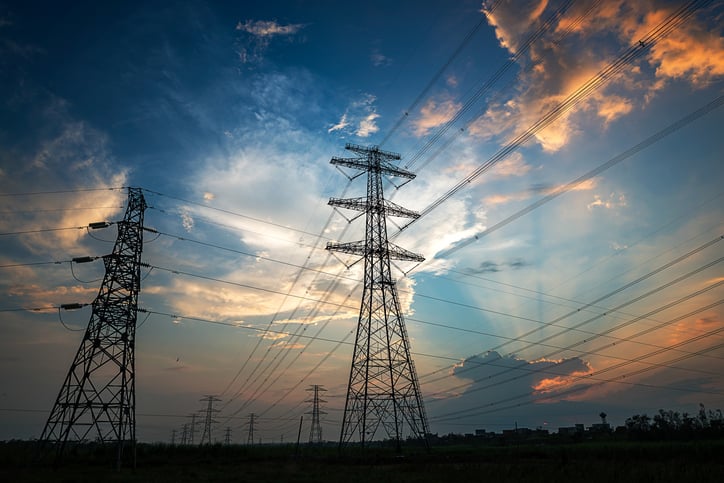Ofgem could save customers a further £4.1 billion by tightening new price controls set out within RIIO-2, Citizens Advice has said.
The consumer watchdog has today (11 June) released new analysis which claims that the regulator could come down much harder on network companies than has already been suggested.
However the findings have come in for criticism by the Energy Networks Association, which fired back by stating that the report fails to take the continuing energy transition – and its impact on power networks – into account.
Earlier this year Ofgem confirmed its intent to save consumers up to £5 billion through more stringent price controls. However Citizens Advice has said that the regulator could go much further, resulting in total savings of £9.1 billion.
Ofgem is the in the midst of consulting on its draft RIIO-2 proposals, published in March this year, which revealed its intent to cap the cost of equity for the country’s network operators at between 3 and 5%.
That consultation closed early last month and the regulator is due to reveal the finalised framework this summer.
But before those plans are revealed, Citizens Advice is urging Ofgem to accept and apply the findings of a study commissioned by the UK Regulators Network (UKRN) which has fed into a new report by the consumer watchdog, dubbed ‘Things can only get beta’.
That study suggested that Ofgem’s current methodology to determine investment risk – the equity beta – could in fact be flawed, putting forward a new methodology that the UKRN claimed would be more accurate.
The new methodology attaches less risk to network operators than Ofgem currently considers. The UKRN also suggests that existing modelling of risk to regulated monopolies, which is conducted over two to five years, be extended to “a decade or more” as this reveals them to be “much safer investments”.
Gillian Guy, chief executive at Citizens Advice, said that while the application of specific models to determine appropriate investment risk may seem “extremely technical”, decisions of this kind mattered as they risked hitting consumers “directly in the pocket”.
“Regulators face a difficult balancing act. Firms need to be able to attract investment and investors need suitable levels of returns. But regulators need to ensure that the decisions they make don’t allow companies to make billions in excess profits and leave customers to pick up the bill.
“A new approach to analysing the risk of these firms will mean lower returns for investors, but the result is a better deal for consumers,” she said.
The report is likely to reignite an ongoing war of words between Citizens Advice and the Energy Networks Association, which has continually refuted much of the consumer watchdog’s claims.
In late April, the ENA hit back at fresh criticism from Citizens Advice using previous research, claiming that its calculations had been “plucked out of thin air” and were counter to that of the Competition and Markets Authority’s conclusions.
Responding to today’s report, the ENA has been quick to point out that the UKRN research fails to take into account that electricity networks in particular will be managing a “period of potentially rapid technological change” throughout the RIIO-2 price control period, which is to run from 1 April 2023.
This, the ENA claimed, will create uncertainty around the required expenditure as the power sector decarbonises and goes increasingly distributed.
“Citizens Advice’s report makes no mention of decarbonisation, renewable energy, electric vehicles nor the changes that energy network companies are delivering to build a smarter, cleaner energy system for Britain’s homes and businesses.
“Slashing the money available for investment means these critical innovations will be the first to suffer and over time the security and dependability of our networks will also be called into question. Now is not the time to lose sight of Britain’s infrastructure needs when we are at the cusp of an exciting energy future,” an ENA spokesperson said.





